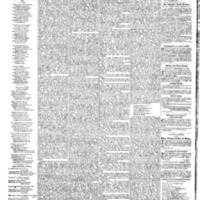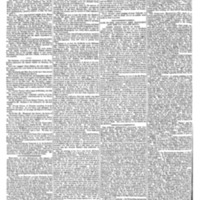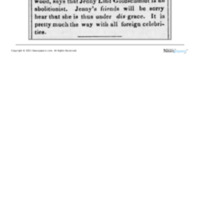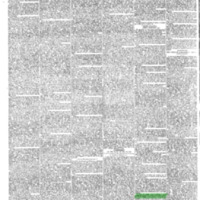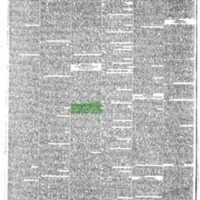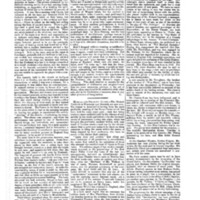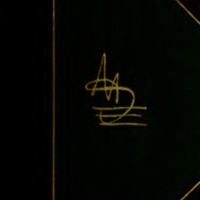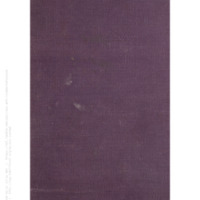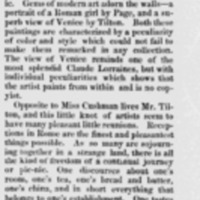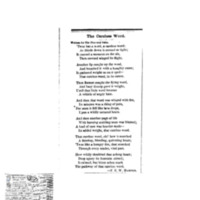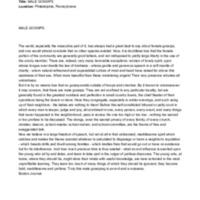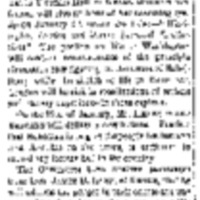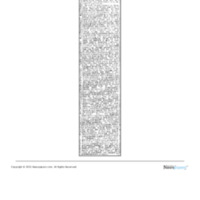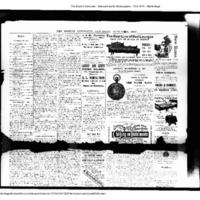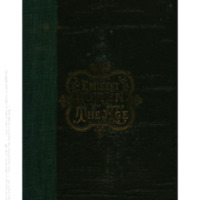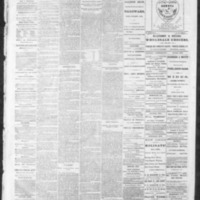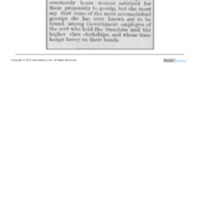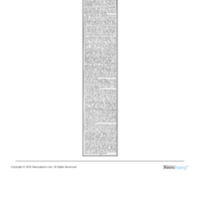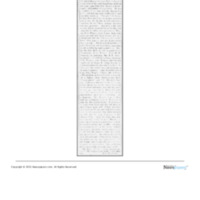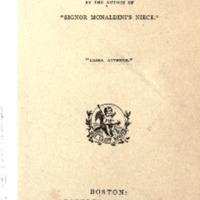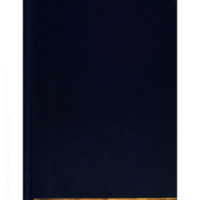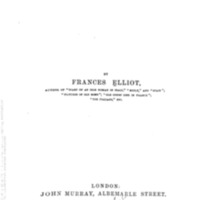Gossip Definitions and Discussions
This exhibit page collects examples of explicit, nineteenth-century mentions of gossip as a practice and source of knowledge. Harriet Beecher Stowe and Dinah Maria Mulock, for example, distinguish different forms of gossip: fruitful for sociality, harmful, idle, etc. Wm. Pitt Byrne ties gossip to gender norms but values gossip as an important source of knowledge: "History owes most of what little truth it contains, to the gossip of diarists and annotators as well as to the intimate confidences of friendly correspondence." Some of the articles gathered here that show 'gossip' in the title illustrate that gossip was largely used as a synonym for news at the middle of the nineteenth century, while others stress the (negative) gendered dimensions of gossip.


